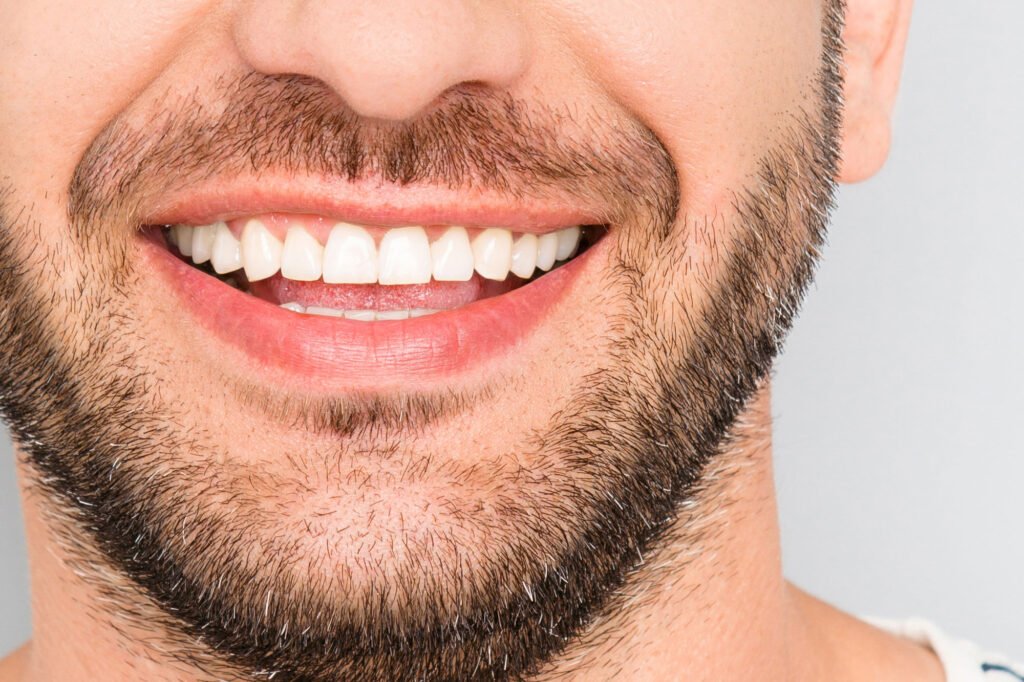Porcelain veneers are a fantastic investment in your smile, but their long-term success depends heavily on proper follow-up care—especially for dental tourists who receive treatment abroad. While traveling internationally can save costs and offer access to skilled cosmetic dentists, managing aftercare and follow-up appointments presents unique challenges.
This comprehensive guide will help dental tourists understand how to effectively manage follow-up care for porcelain veneers to ensure durability, comfort, and satisfaction with their new smile.
Why Follow-Up Care Matters for Porcelain Veneers
Porcelain veneers involve precise bonding of thin ceramic shells to your teeth. After placement, your mouth needs time to adjust, and the veneers must be monitored for fit, function, and aesthetics. Follow-up care helps to:
- Detect and address any fit or bite issues early
- Manage sensitivity or gum inflammation
- Ensure no damage or loosening has occurred
- Maintain oral hygiene around veneers to prevent decay or gum disease
- Plan for long-term maintenance and repairs as needed
Step 1: Plan Follow-Up Visits Before Your Trip
Before you leave your overseas clinic:
- Confirm the number and timing of follow-up visits recommended by your dentist. Most clinics suggest at least one follow-up within 1–2 weeks after veneer placement.
- Schedule any immediate follow-ups during your stay abroad. This allows your dentist to check and adjust the veneers while you are still close by.
- Obtain all treatment documentation including procedure details, materials used, and any special care instructions. This is vital for continuity of care.
Step 2: Coordinate with Your Local Dentist
Since you will likely return home soon after treatment:
- Inform your local dentist about your veneers and provide them with copies of your overseas dental records.
- Arrange a follow-up appointment with your local dentist within a few weeks of returning to check the veneers and overall oral health.
- Discuss any concerns such as discomfort, sensitivity, or aesthetic issues with your local dentist promptly.
- Ask your local dentist to familiarize themselves with the specific veneer materials and bonding techniques used.
Step 3: Maintain Excellent Oral Hygiene
Good oral hygiene is crucial for the longevity of porcelain veneers:
- Brush teeth twice daily with a non-abrasive fluoride toothpaste.
- Floss gently around veneers to prevent plaque buildup and gum inflammation.
- Consider using antibacterial mouthwash to reduce bacteria around the veneer margins.
- Avoid habits that can damage veneers such as biting nails, chewing ice, or using teeth as tools.
Step 4: Manage Sensitivity and Discomfort
Some sensitivity or mild discomfort after veneer placement is normal but should subside within days:
- Use desensitizing toothpaste recommended by your dentist if needed.
- Avoid extremely hot, cold, or hard foods initially.
- Take over-the-counter pain relief if recommended and necessary.
- Contact your overseas or local dentist if discomfort persists beyond two weeks or worsens.
Step 5: Monitor Veneers for Signs of Problems
Watch out for warning signs that require professional attention:
- Veneers feeling loose or shifting
- Chips, cracks, or fractures on the veneers
- Changes in bite or difficulty chewing
- Gum swelling, bleeding, or persistent soreness
- Sensitivity that does not improve
If you notice any of these issues, contact your local dentist immediately. They may need to consult your overseas dentist or perform repairs.
Step 6: Protect Your Veneers Long-Term
To extend the life of your porcelain veneers:
- Avoid grinding or clenching teeth—consider a night guard if you have bruxism.
- Minimize staining substances like coffee, red wine, and tobacco.
- Maintain regular dental check-ups every 6 months for professional cleaning and inspection.
- Address any dental issues (cavities, gum disease) early to prevent veneer complications.
Step 7: Understand Warranty and Emergency Support
- Know the terms of any warranty your overseas clinic offers on veneers.
- Ask how warranty claims or repairs are handled, especially if you are back home.
- Keep contact information for your overseas dentist in case emergencies arise.
- Some clinics partner with local dentists for emergency repairs—ask if this is an option.
Final Thoughts
Managing follow-up care for porcelain veneers as a dental tourist may seem complex, but with clear planning and cooperation between your overseas and local dentists, you can ensure a smooth recovery and lasting results. Prioritize communication, hygiene, and timely care to enjoy your new smile confidently wherever you are.
If you’d like, I can help you draft a follow-up care plan template or a communication letter for your local dentist regarding your overseas veneer treatment.




